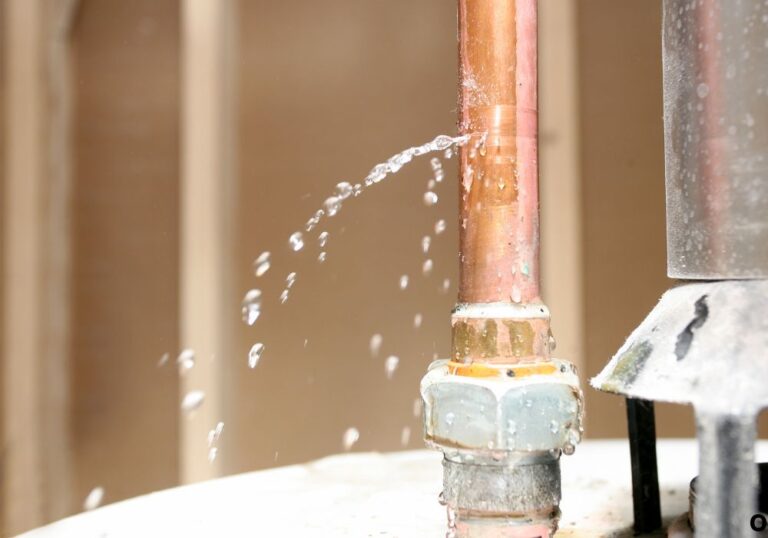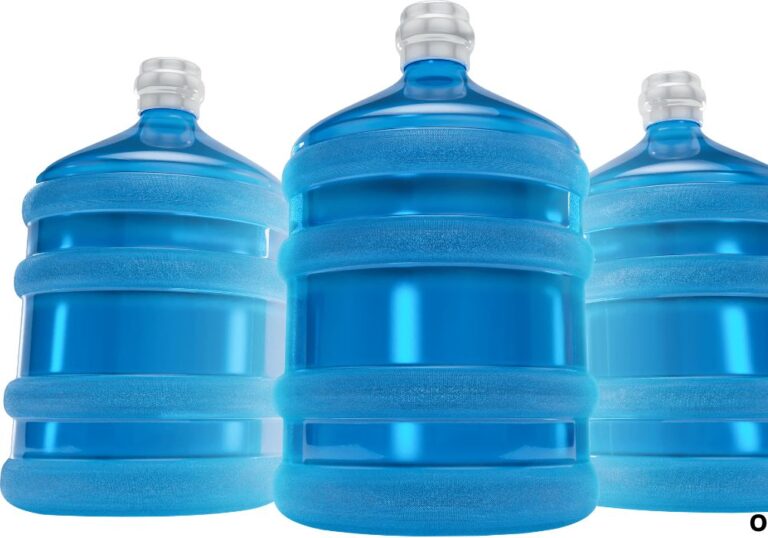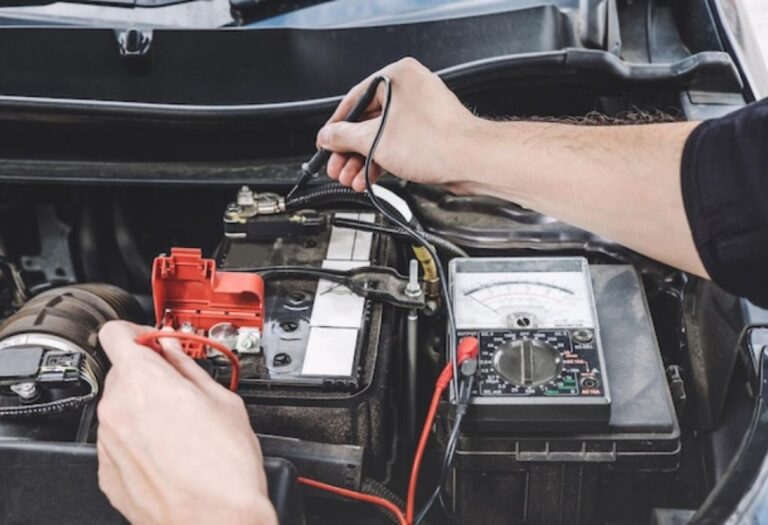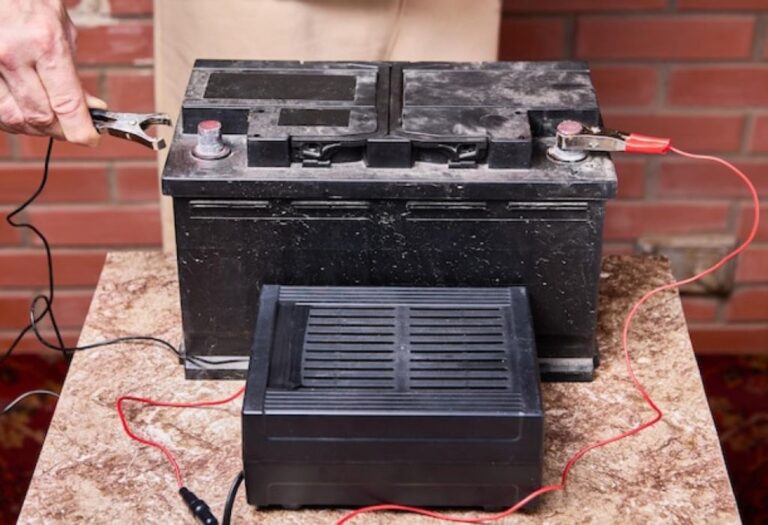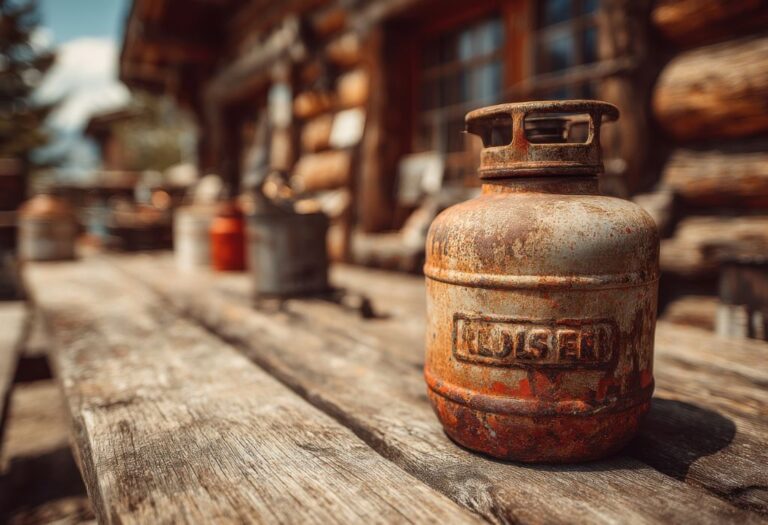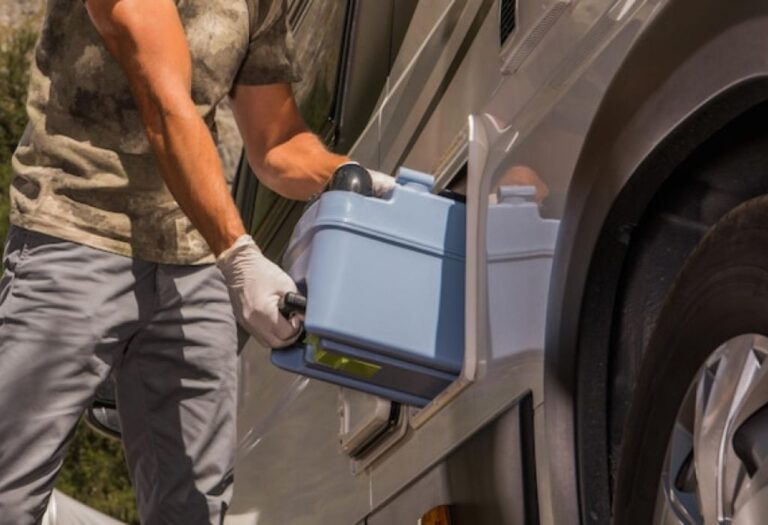Do I Need a Water Filter for My RV?
Picture this: you arrive at a scenic campground, set up your rig, and flick on the tap expecting fresh water—but the flow has a faint taste of chlorine, a slight sandy grit shines in the sink, and an odd odor lingers in the shower. Suddenly your relaxing escape feels less “home on wheels” and more “what’s lurking in the pipes?” According to industry analysts, even treated municipal or RV-park water can carry unwelcome sediment, chemicals, and microbes, making water quality a hidden concern for many travelers (minderresearch.com).
Now imagine instead sipping water that tastes crisp, showers that rinse without residue, and hoses that stay clog-free. That’s the promise of a reliable water filtration system for an RV—whether full-time on the road or pulling out for long weekends.
But here’s the question many travelers ask: do I need a water filter for my RV? The answer depends on your travel style, source water quality, and how confident you feel about what flows through your pipes. As you roam from city hookups to rural wells, understanding RV water filtration can save both your health and your equipment.
What Is an RV Water Filter and Why It Matters

An RV water filter is a compact device that purifies the water entering your RV from outside connections. It eliminates contaminants such as sediment, rust, chlorine, and microorganisms that can affect both taste and plumbing systems.
Water quality changes drastically between campgrounds and city hookups. A simple filter can prevent buildup, extend plumbing life, and ensure cleaner, better-tasting water on the road.
According to the Environmental Protection Agency (EPA), 15% of small U.S. water systems report contamination issues at least once per year (EPA, 2023). This makes filtration especially critical for travelers frequently connecting to new water sources.
Using a filter ensures safety, taste, and peace of mind. It also keeps your RV’s internal systems running efficiently for longer trips.
What exactly is a water filter for my RV?
A water filter is a purification unit that traps debris and harmful substances before they enter your faucets or tanks.
How does a typical RV water filter work?
It uses activated carbon or sediment cartridges that capture particles and neutralize chemicals during water flow.
What types of filters are available for RVs?
Common options include inline filters, canister filters, and whole-RV systems, designed for varying levels of filtration.
Is the water coming into my RV always safe?
No. Even campground or municipal water can contain chlorine, metals, or bacteria that exceed safety levels.
Does a filter only affect drinking water or all water in the rig?
Depending on installation, it can treat water for all faucets or only specific drinking lines.
Common Water Risks for RVs: Hookups, Wells, Plumbing
RV owners connect to many different water systems—each with its own risks. Some campground hookups contain high sediment, while well systems may carry iron, sulfur, or microbial contaminants.
Even treated city water can leave calcium deposits that shorten the lifespan of your plumbing system. Over time, this buildup restricts flow and affects heater performance.
A study by the National Sanitation Foundation found that over 12% of recreational site water samples exceeded recommended sediment or chlorine levels (nsf.org).
What contaminants might be present in campground water?
Sediment, chlorine, bacteria, and heavy metals are common in public hookups.
How can poor water affect my RV plumbing system?
It accelerates corrosion, clogs lines, and damages pumps and heaters.
Are municipal water hookups completely safe?
Not always. Old pipes and inconsistent maintenance can let rust or chemicals leak into the supply.
Can I detect when the water supply is problematic?
Cloudy water, bad odor, or reduced flow are early signs of contamination.
Does water taste or odor always indicate a problem?
No. Some harmful contaminants are odorless and invisible, which is why filtration is crucial.
Do I Need a Water Filter for My RV? Decision Criteria
The need for an RV water filter depends on how and where you travel. If you move between campgrounds, boondocking areas, or rural wells, inconsistent water quality makes a filter essential.
For short, infrequent trips using trusted hookups, a basic inline filter might be enough. Frequent travelers or full-timers should consider whole-RV filtration.
Is a filter absolutely necessary for every RV owner?
For most, yes—especially when water sources are unpredictable.
When might I skip installing a filter?
If you only use verified potable hookups occasionally, you may rely on bottled water for drinking.
What factors should I consider before buying one?
Think about water source types, filtration capacity, flow rate, and ease of cartridge replacement.
How much does the water filter benefit outweigh cost?
Filtration prevents plumbing damage and health risks, making it a long-term cost saver.
What are signs I already need a filter or replacement?
Cloudy water, unpleasant taste, or low pressure indicate clogged or missing filtration.
Types of RV Water Filters, Installation & Maintenance

RV filters vary from simple inline cartridges to complex multi-stage systems. Inline filters attach directly to the hose, while canister systems provide deeper filtration for sediment, bacteria, and chemicals.
Whole-RV systems filter every drop that enters the vehicle, offering full protection but at higher cost and maintenance needs.
What’s the difference between inline and whole-RV filters?
Inline filters are compact and affordable; whole-RV systems clean all water entering the vehicle.
Can I install a filter myself or need a professional?
Most inline models install easily by connecting hoses, while large canister units may need expert fitting.
How often should filter cartridges be replaced?
Most filters should be replaced every 3–6 months or after about 2,000 gallons of use (happycampers.store).
What maintenance or flushing should be done?
Flush the filter before first use and after storage to remove trapped particles.
How do I choose the right micron rating or filter media?
Choose smaller micron ratings for finer filtration—5 micron is typical for most RV systems.
Benefits and Drawbacks of Installing a Filter in Your RV
A good RV water filter improves taste, protects plumbing, and ensures health safety. It also reduces mineral deposits that damage appliances.
However, filters can lower water pressure and require regular replacement. Understanding both sides helps balance convenience and performance.
What are the main benefits of using a water filter in my RV?
Cleaner taste, safer water, and longer plumbing life.
Are there any drawbacks or limitations?
Slight pressure drop, ongoing maintenance, and replacement cost.
Does a filter guarantee safe drinking water?
Not fully—it greatly reduces risk but cannot eliminate every contaminant.
How does a filter impact water pressure or flow?
Clogged filters can reduce flow, but clean filters maintain near-normal pressure.
Is purchase cost the only investment?
No. Maintenance, replacement cartridges, and occasional sanitizing add small recurring costs.
Best Practices for RV Water Filtration and Care on the Road
Good habits keep your filter and water system efficient. Always test or visually inspect water before connecting and flush the system regularly.
Replace filters on schedule and store them dry to prevent mold or bacterial growth. Keep spare cartridges handy for extended trips.
What should be done before hooking up at a new site?
Let water run briefly to clear debris before connecting the hose.
How often should I inspect or test my RV’s water quality?
Check taste, smell, and clarity each time you move to a new source.
What signs indicate the filter is failing or clogged?
Low water pressure, discoloration, or odor usually indicate replacement time.
Should I carry backup filters or cartridges while traveling?
Yes. Conditions vary and replacements may not be available at every stop.
How do I winterize or store my filter when not in use?
Drain, dry, and store it indoors to prevent freezing and bacterial buildup.
Conclusion: Final Advice on “Do I Need a Water Filter for My RV”
Clean water is one of the simplest ways to protect both your health and your RV investment. A small filtration system can prevent costly repairs, improve water taste, and add peace of mind on every journey.
Whether you’re a weekend camper or full-time traveler, using a water filter is a smart, low-cost habit that ensures safe, consistent water everywhere you go. Before your next trip, check your system, choose the right filter, and make clean water part of your RV routine.
I’m David R. Coleman, the founder, lead writer, and lifelong tool enthusiast behind GarageToolPro.com. With years of experience in automotive repair, woodworking, and home DIY projects, I created this platform to share practical tips, detailed tool reviews, and step-by-step guides that help mechanics, hobbyists, and homeowners get the job done right the first time.

